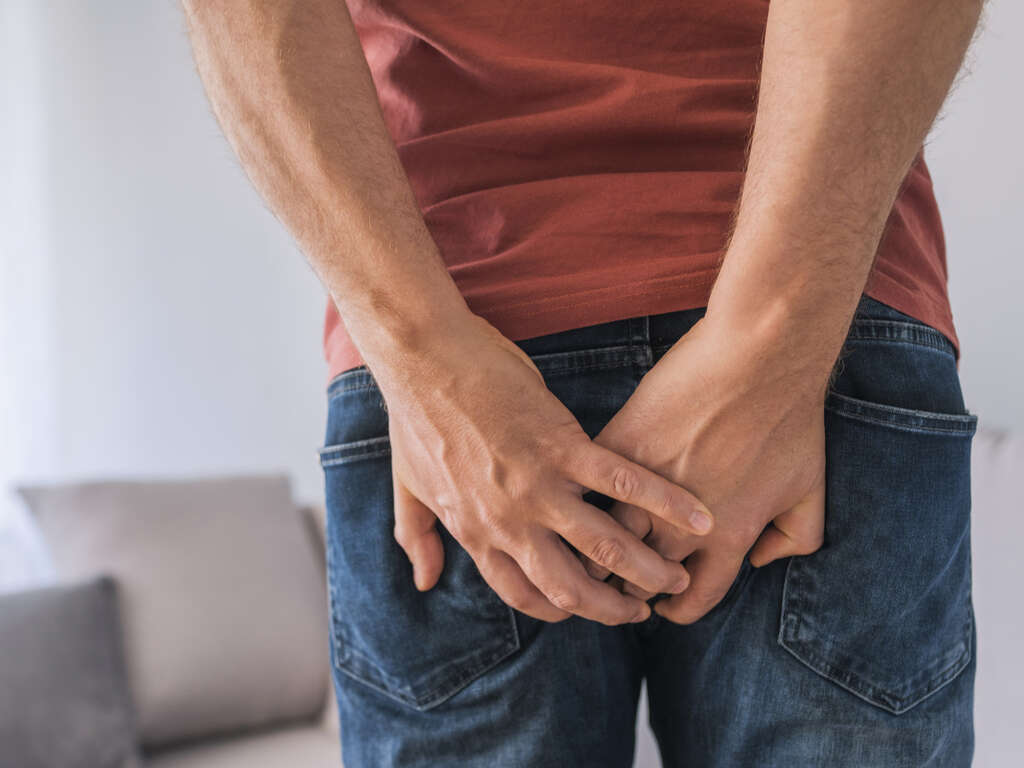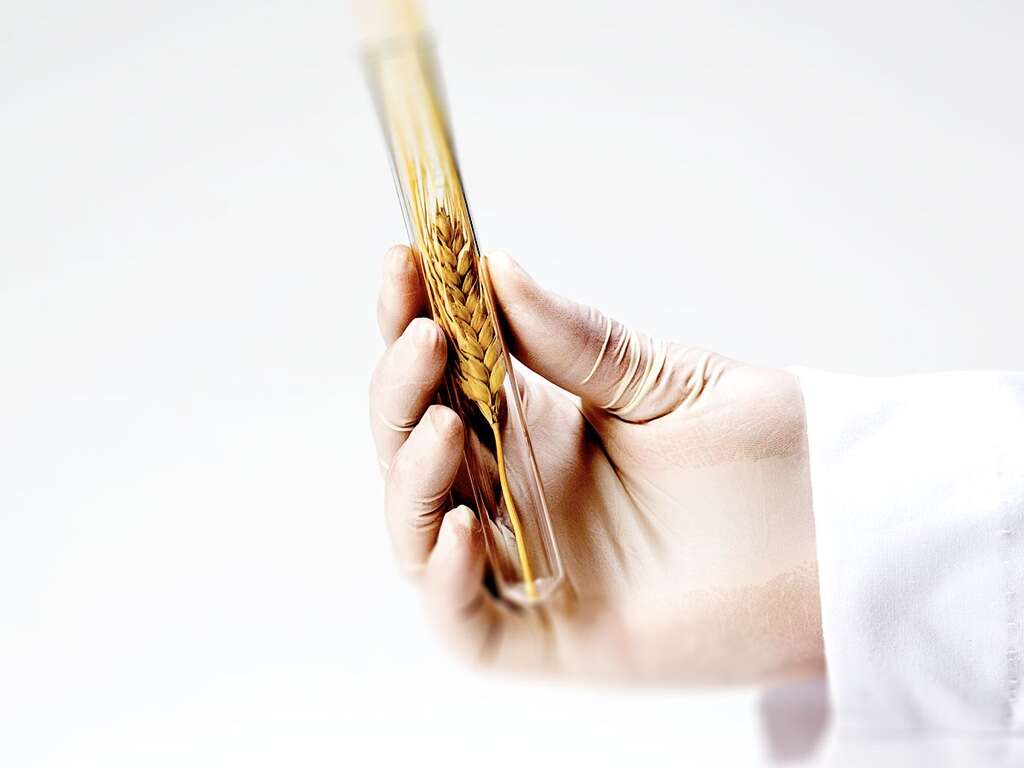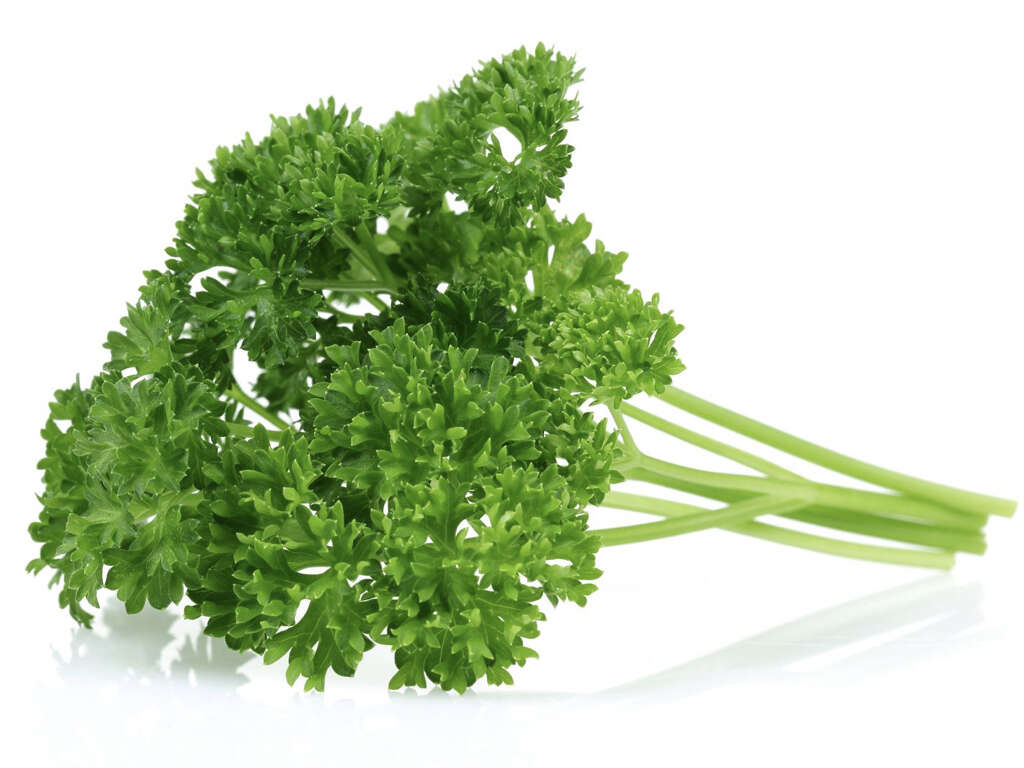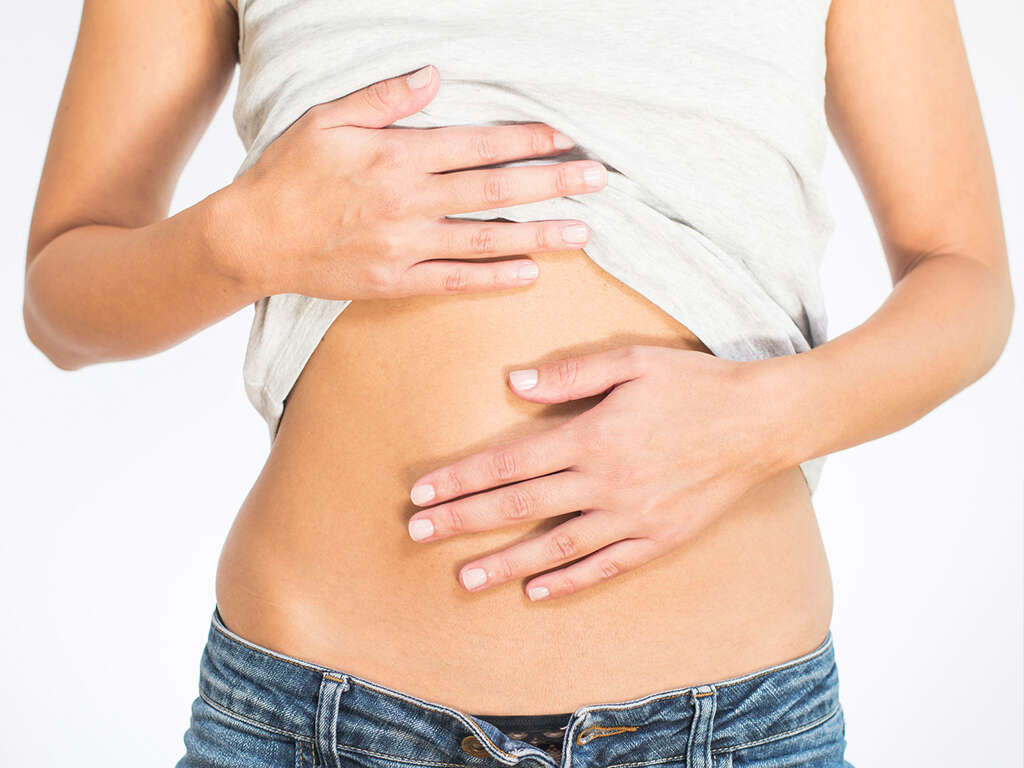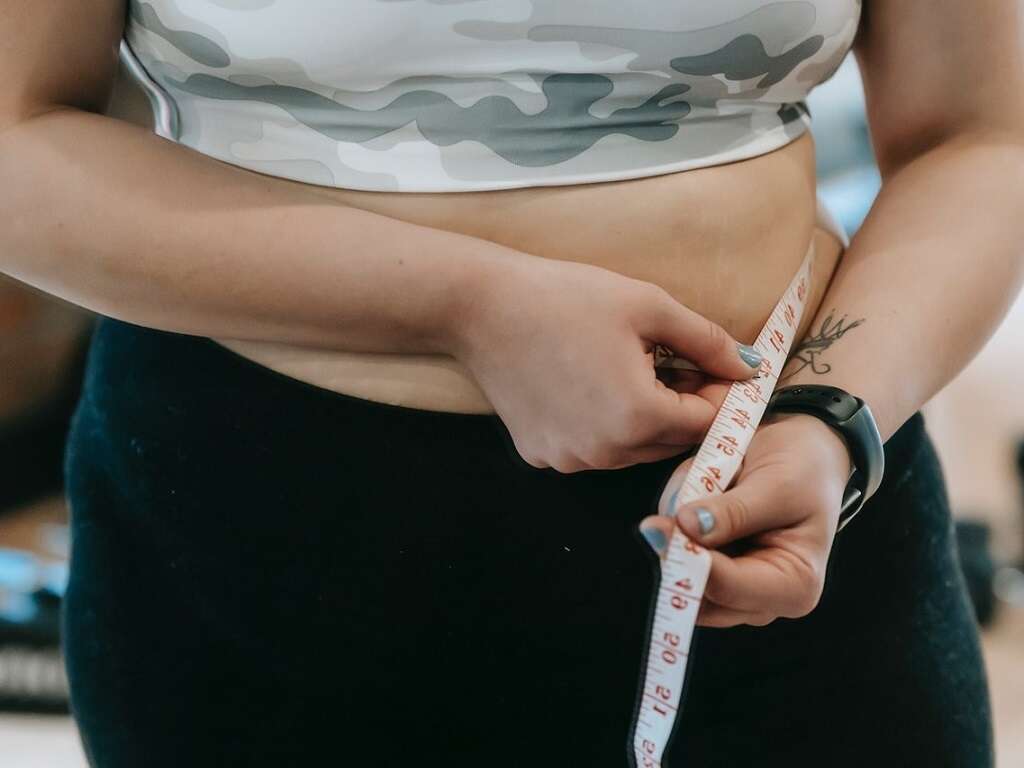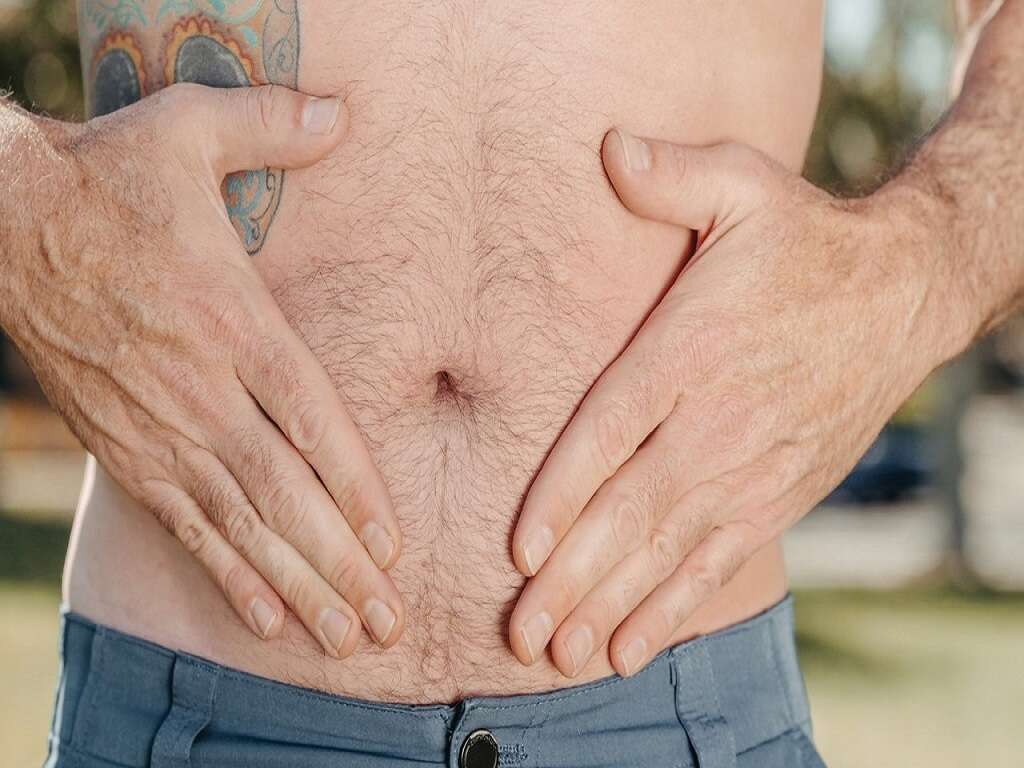10 Ways to Reduce Water Retention
The human body contains about 60 percent of water. When we think of water retention, we think of edema and fluid retention. This happens when the body’s circulatory system has an excessive amount of fluid in tissues or cavities. Fluid could be located inside and outside human cells, since fluid enters the body’s tissues through blood.
Water retention happens when excess fluid isn’t removed correctly from the body’s tissues or cavities. It then creates swelling in the extremities such as the legs, hands, feet, and ankles. Sometimes it can be caused by an improper diet, prolonged sitting or standing, hormones, no exercise or certain medications. More importantly, it can be caused by severe medical conditions such as heart failure or kidney disease. If it is due to mild causes, there are a few ways you can reduce water retention.
Water Retention Method #1: Exercise Regularly
A few causes of water retention can be from prolonged sitting or no exercise. Exercise increases blood circulation and blood flow, which will help eliminate a fluid buildup throughout the body. When body temperature is increased, the body starts to sweat. The body’s sweat helps release the extra water that is excessive in tissues. It will then cause water weight to drop quickly and alleviate water retention in the body. Since fluid is lost during exercise, it is also vital to replace fluids to avoid dehydration.
Additionally, exercise has many excellent benefits that are critical to overall health. It can decrease depression, help with weight loss, strengthen muscles and bones, and reduce your risk of developing chronic disease.
Water Retention Method #2: Reduce Salt Intake
The United States Department of Agriculture recommends that adults consume no more than 2,400 milligrams of sodium a day, which is equivalent to about 1 teaspoon of salt. With the amount of salt that is added to foods and in processed foods, this can be quite difficult to achieve. Although the body needs sodium for nerves and muscles to function, eating an excessive amount of salt will raise the amount of sodium in the blood. It then reduces the ability for the kidneys to remove water. This will lead to water retention.
In a study done regarding sodium and water retention, it was shown that an increase of sodium intake led to increased fluid in the body. It shows reducing salt not only has benefits of reducing water retention, but decreasing blood pressure as well.
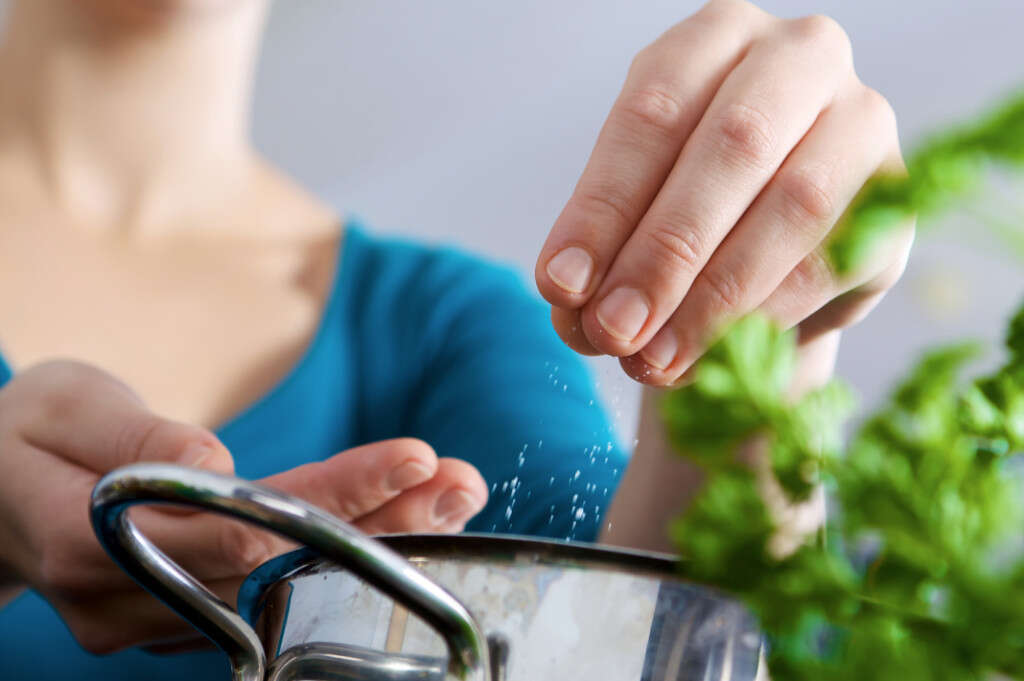
Water Retention Method #3: Drink Water
Drinking water to reduce fluid retention may seem counterintuitive. The body uses water in all its cells, tissues, and organs. It is essential to regulate body temperature and body functions such as transportation of nutrients and waste removal. Most importantly, water intake is important for kidney health and the liver.
It is recommended that women get at least 2.7 liters of water a day and men get 3.7 liters a day. It is important to get the recommended amount since consumption of too little leads to dehydration. The consumption of drinking an excessive amount of water may increase water weight. It is proven through studies that being well-hydrated can reduce water retention.
Water Retention Method #4: Reduce Carbohydrate Intake
Majority of the time, people look at avoiding carbohydrates due to its negative reputation. Truth is, the body needs carbohydrates for providing energy and regulation of glucose, energy, dietary fiber, and the breakdown of fatty acids. Reducing the amount of carbohydrate intake is ideal and can help reduce water retention.
Carbohydrates raise insulin levels. Once insulin levels rise, the amount of sodium and water in the kidneys will be lost. Also, carbohydrates are stored in the liver and muscles as glycogen. In the body, water is stored with glycogen, which then increases water retention. Consuming a low-carb diet can help drop insulin levels and also decrease water retention.
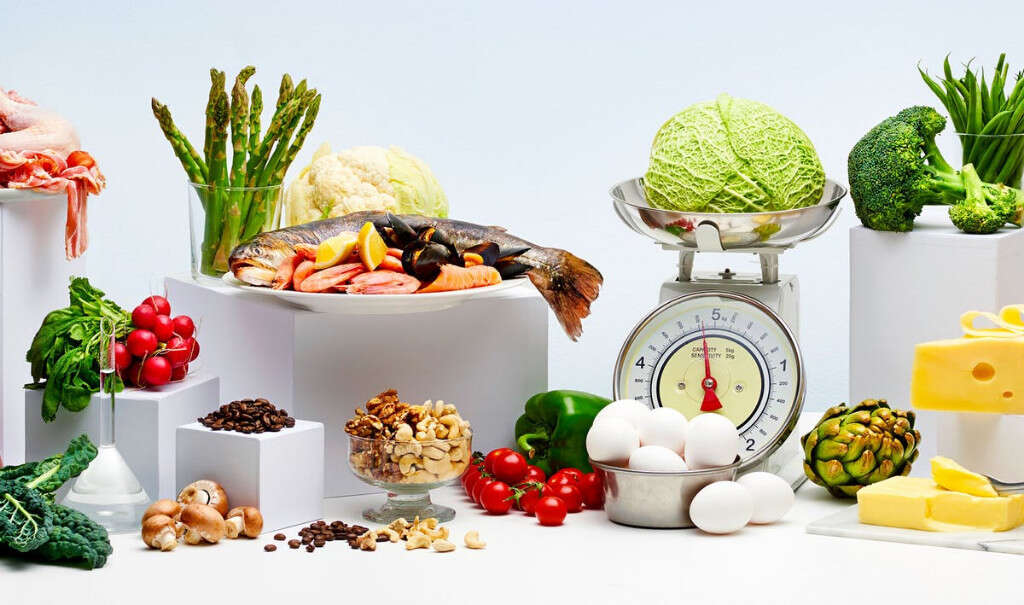
Water Retention Method #5: Consume Foods That Are Natural Diuretics
Diuretics are medications that help increase the amount of water and salt that is removed from the body. Usually, they are prescribed to regulate high blood pressure and congestive heart failure. When the heart is not pumping blood effectively throughout the body, a buildup of fluids will follow. Diuretics help decrease this fluid.
There are foods that are natural diuretics and have science-based evidence. Foods such as coffee, black or green tea, or dandelion extract, an herbal supplement, can help with water retention. Coffee contains caffeine, a natural stimulant, that helps stimulate the central nervous system and the brain. Consuming about 2-3 cups of coffee has a diuretic effect. However, in another study, it has shown that if you are a regular coffee drinker, the diuretic properties of coffee will not be achieved.
Water Retention Method #6: Increase Potassium Intake
Potassium is an essential mineral and electrolyte needed to maintain fluid balance and aid in fluid loss. Its function is important for the normal functioning of muscles, nerves, and cellular activity. The recommended dietary allowance for adults is 4,700 mg a day. Some of the foods with high potassium content is green leafy vegetables, bananas, potatoes, and avocados.
Studies have shown that potassium-rich foods can help balance sodium levels and increase urine production. Due to excess sodium leading to water retention, potassium can help decrease the excess fluid. The increase of potassium foods will not only help with water retention, but it will help decrease blood pressure and lower the sodium and chloride retention in the kidneys.
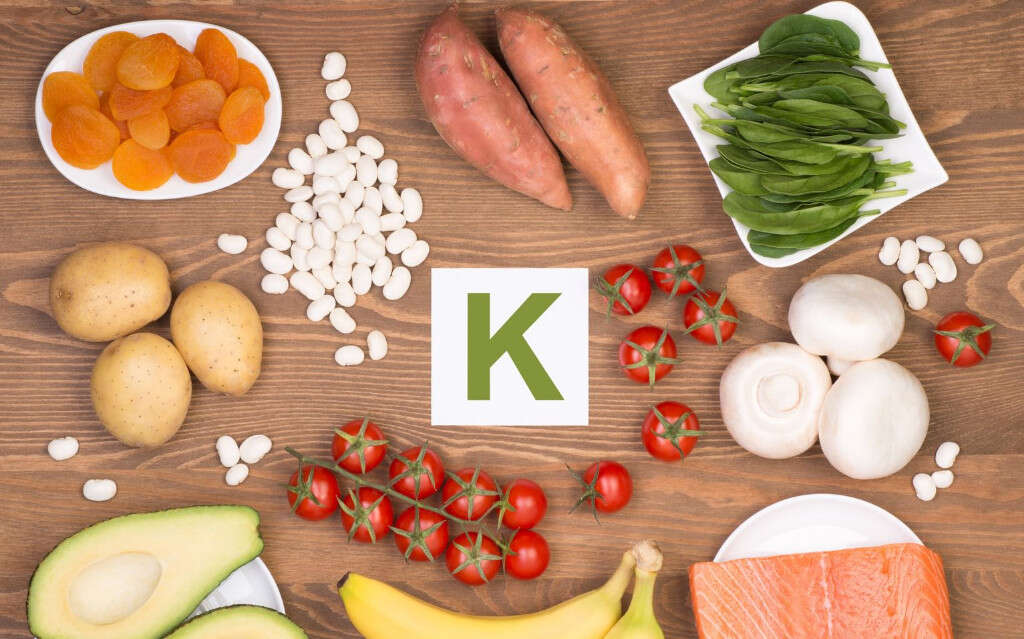
Water Retention Method #7: Maintain Good Sleeping Habits
When we sleep, our bodies are more active than you think. During this time, the body repairs tissues, blood pressure lowers, and the body secretes hormones. These are all essential in how the body functions and deals with daily stressors. According to the Mayo Clinic, adults should get about 7-9 hours of sleep each night. Problems that are seen without enough sleep are impaired memory, high blood pressure, diabetes, obesity, and depression.
Sleep may have an effect on the kidneys, where water balance and sodium levels are regulated. When a person is deprived of sleeping, it becomes a domino effect of problems. Though it is difficult in today’s world to get the recommended amount of sleep, the importance of it for our overall health is crucial.
Water Retention Method #8: Manage Stress
The American Institute of Stress has concluded that 77% of people in the United States experienced physical symptoms caused by stress. Stress should be handled in a healthy manner as it is scientifically proven to link to chronic diseases such as cancer, cardiovascular, and more. When we are stressed, the cortisol hormone is released which has been linked to fluid retention. When stress levels are managed, the levels of cortisol and other hormones are normalized. Which means, managing stress will not only help prevent other diseases but will help maintain fluid balance in the body.
Ways to manage stress are through exercise, art therapy, meditation, relaxation techniques, and more. Knowing how to deal with stress daily will help the body in both the short term and long term.

Water Retention Method #9: Increase Magnesium Intake
Magnesium is an electrolyte and mineral essential to the human body. It has more the 300 biochemical reactions needed in the body. It supports the immune system, protein synthesis, heart, bones, nerve, and muscle function. Most importantly, it helps regulate fluid balance by boosting urine production. The Recommended Dietary Allowance for adult females is about 320 milligrams a day and 420 milligrams a day for men. Foods high in magnesium include green leafy vegetables, such as kale and spinach, legumes, nuts, seeds, and whole grains.
In a study pertaining to magnesium, a group of women was given magnesium supplementation. The results concluded that magnesium supplementation helped alleviate fluid retention during the premenstrual cycle.
Water Retention Method #10: Eat More Foods Containing Vitamin B6
Vitamin B6, also known as pyridoxine, is a water-soluble vitamin. This vitamin is essential for brain development, supporting the nervous system, and it helps create hormones such as serotonin and norepinephrine. Most importantly it turns food into energy. Some sources containing high amounts of vitamin B6 are salmon, chicken, tofu, pork, sweet potatoes, bananas, and avocados. It is recommended that adults consume about 1.3 milligrams a day.
In a double-blind clinical trial, 126 women with premenstrual syndrome were given magnesium, vitamin B6, or placebo for four months. It was concluded that vitamin B6 reduced water retention in women with premenstrual syndrome. Another study has supported this promising effect on the use of vitamin B6 therapy with a decrease in bloating, anxiety, and edema in premenstrual syndrome women.




